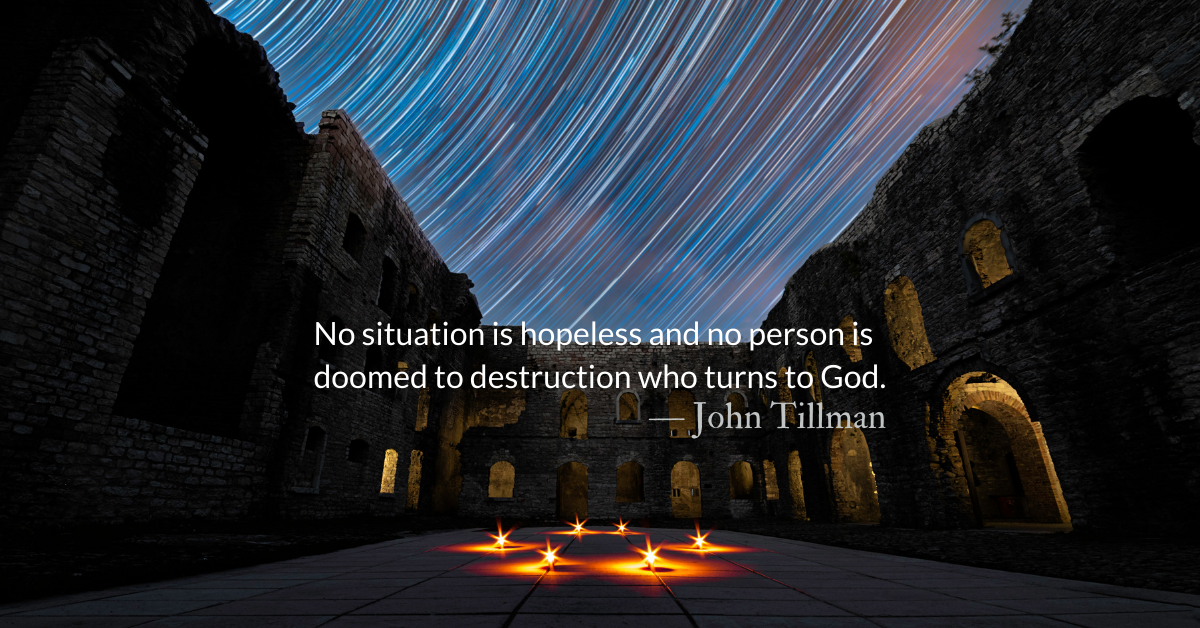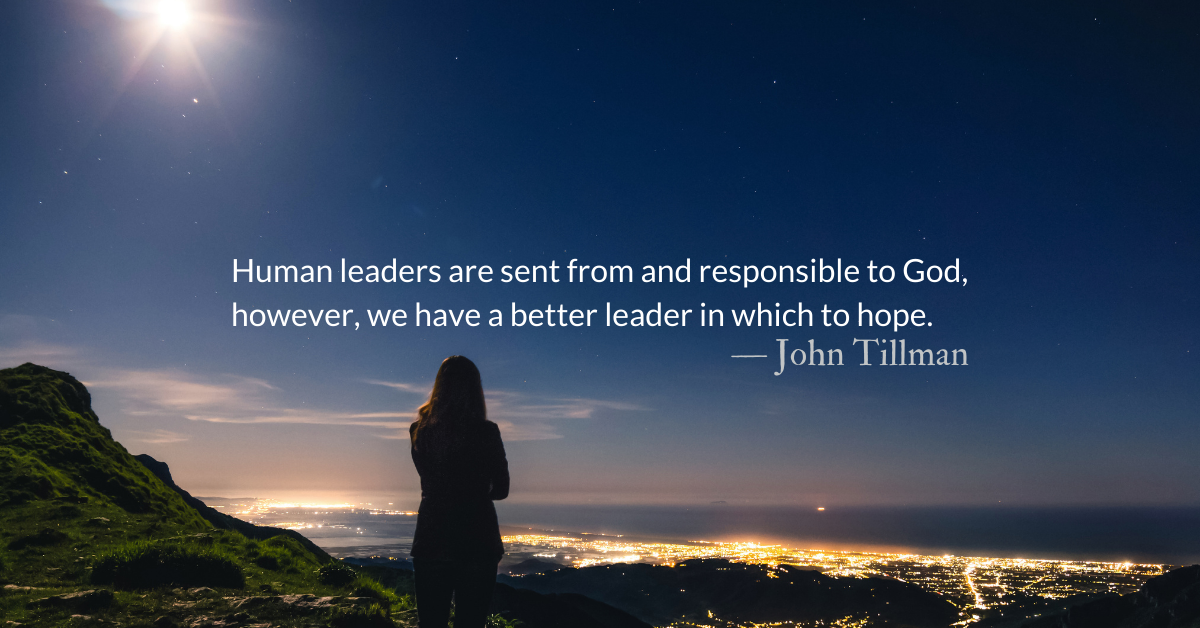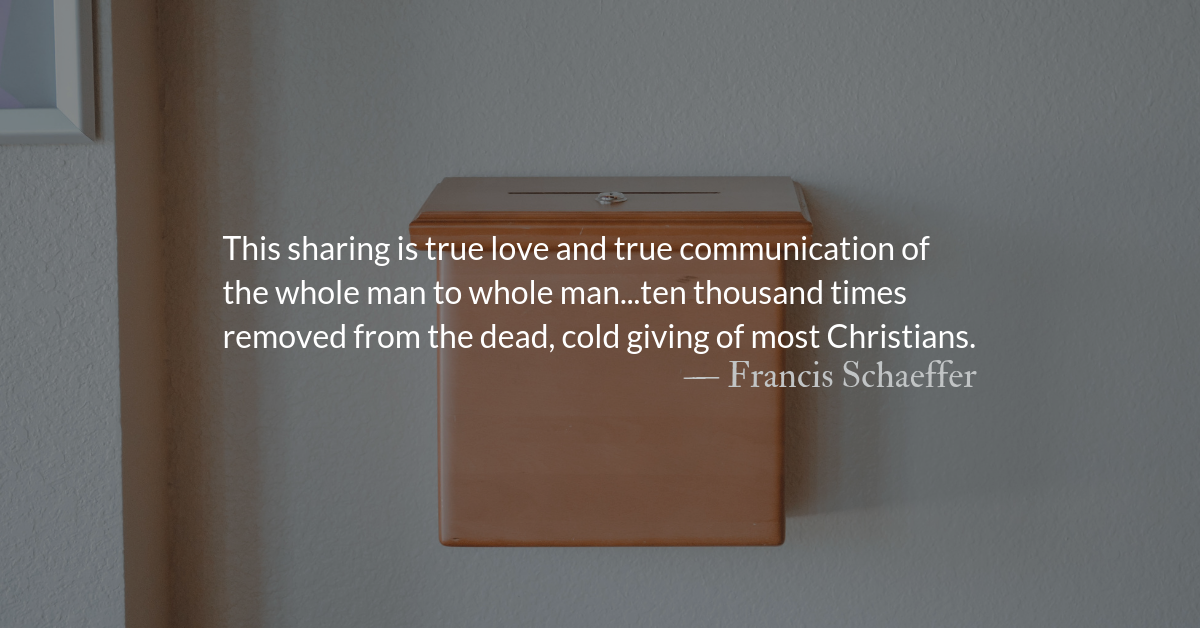Scripture Focus: Joshua 3:3-4, 7, 9-13
“When you see the ark of the covenant of the Lord your God, and the Levitical priests carrying it, you are to move out from your positions and follow it. Then you will know which way to go, since you have never been this way before. But keep a distance of about two thousand cubits between you and the ark; do not go near it.”
And the Lord said to Joshua, “Today I will begin to exalt you in the eyes of all Israel, so they may know that I am with you as I was with Moses.
Joshua said to the Israelites, “Come here and listen to the words of the Lord your God. This is how you will know that the living God is among you and that he will certainly drive out before you the Canaanites, Hittites, Hivites, Perizzites, Girgashites, Amorites and Jebusites. See, the ark of the covenant of the Lord of all the earth will go into the Jordan ahead of you. Now then, choose twelve men from the tribes of Israel, one from each tribe. And as soon as the priests who carry the ark of the Lord—the Lord of all the earth—set foot in the Jordan, its waters flowing downstream will be cut off and stand up in a heap.”
Student Writers Month:
This month, The Park Forum welcomes college and seminary student writers pursuing ministry careers. For more info about our yearly Student Writer program, see our website.
Reflection: That You May Know
By Karen Chen Kallberg
My children were once afraid of our bathroom. Even though we live in a small bungalow and assure them that the bathroom is perfectly safe, the only reassurance they want is for a parent to go with them.
In Joshua 3, we encounter a fledgling nation also in need of reassurance. This was the generation that grew up on manna and followed a pillar of cloud through the wilderness. Everything, however, had changed. Moses had died. The pillar was gone. The manna was also about to stop. Which way should they go? Was Joshua ready to lead? How should they launch this military campaign?
The Lord anticipated their questions with reassurances of His own.
First, in lieu of the pillar, he sent the ark of the covenant to lead the way. The ark represented God’s presence. It had always traveled in the center of his people. Now, however, he sent the ark to the front to provide direction for his people. “Then you will know which way to go…” (Joshua 3:4)
Second, how could anyone replace Moses? Joshua saw what God did through Moses in Egypt and the wilderness. Would God work through him in the same way? The Lord gave his new leader this reassurance: “Today I will begin to exalt you in the eyes of all Israel, so that they may know that I am with you as I was with Moses.” (Joshua 3:7)
Third, the Israelites were nomads, not seasoned warriors. It seemed that they needed better weapons, training, and strategies. God said all they needed was him. He would defeat their enemies. “This is how you will know that the living God is among you and that he will certainly drive out before you the Canaanites…” (Joshua 3:9)
In every dilemma, we want reassurance of success. God’s reassurances, however, are actually revelations. Don’t know where to go? He will show you. Don’t know what to do? He will help you. Don’t know how to do it? He will do it for you. God is the answer to all our questions. He reveals himself to us in our dilemmas, because he wants us to know him. That is why, in answer to the dilemma of sin and death, the Creator and Sustainer of life wrapped himself in human flesh and became an infant…so that we might know him and find life.
Divine Hours Prayer: The Greeting
Save us, O Lord our God, and gather us from among the nations, that we may give thanks to your holy Name and glory in your praise. — Psalm 106.47
– Divine Hours prayers from The Divine Hours: Prayers for Springtime by Phyllis Tickle
Today’s Readings
Joshua 3 (Listen – 2:45)
Psalm 126-128 (Listen – 1:58)
Read more about Readers’ Choice 2021
It is time for us to hear from you about the posts from the past eleven months (September 2020 through July 2021) that have challenged and comforted you and helped you find new meaning in the scriptures.
https://forms.gle/ozM13qvW9ouSWhJS7
Read more about Presence is Precious
Practicing the presence of God means living as a tabernacle of the Holy Spirit, making everywhere you set your feet holy ground.











